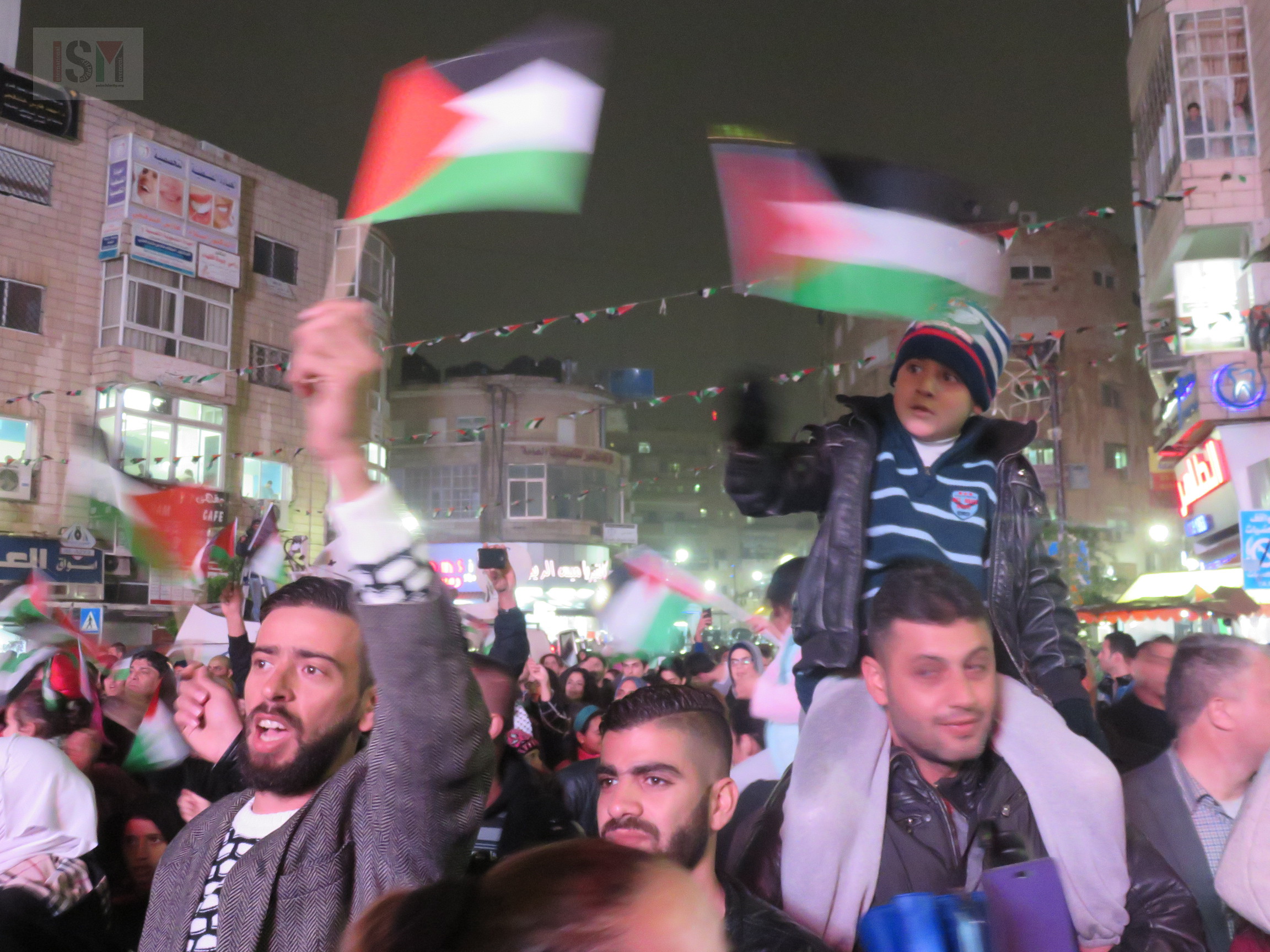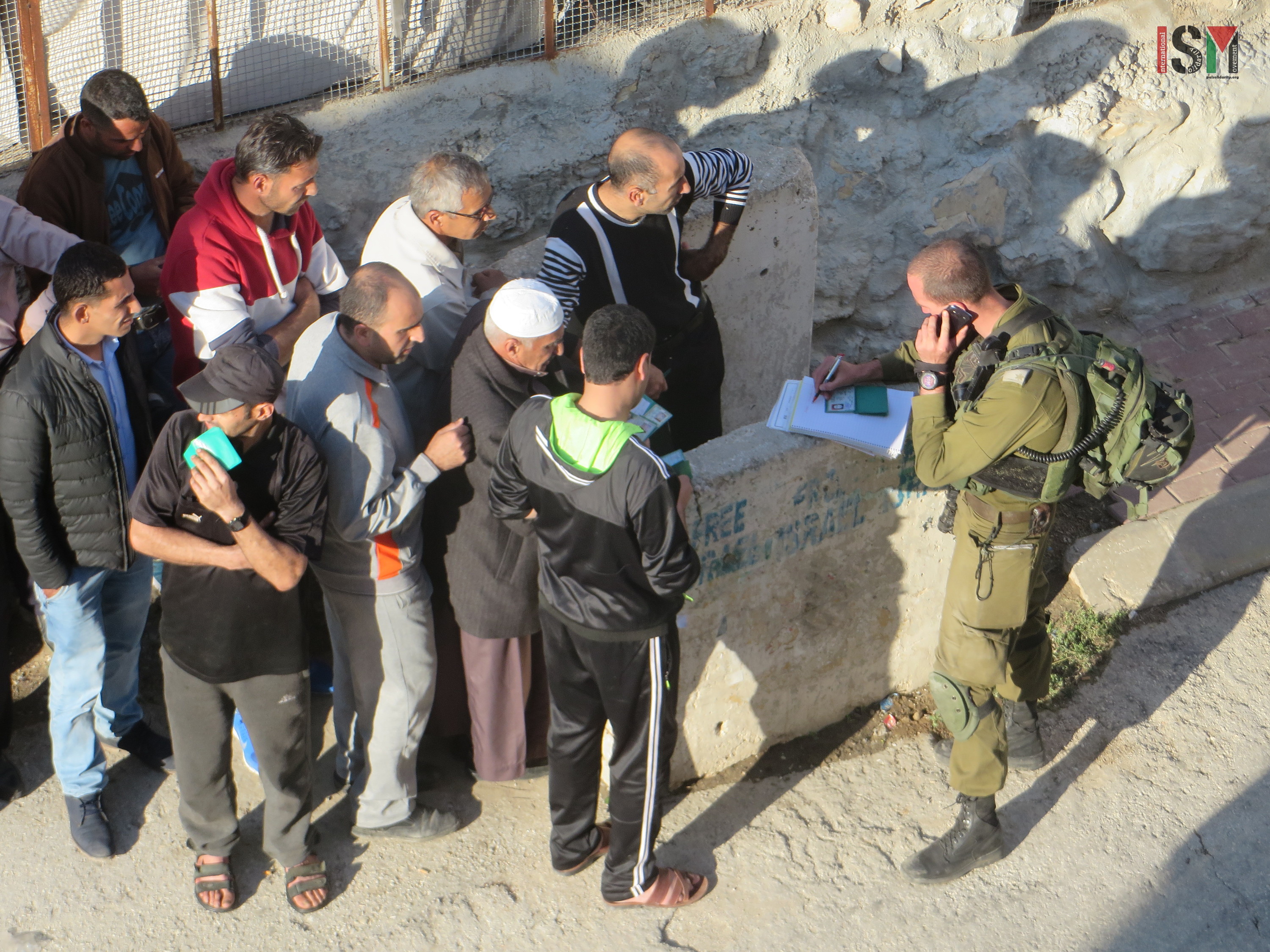Category: In the Media
-
“The youth will not tire, ’till your independence”
November 7th, 2015 | International Solidarity Movement, Nablus Team | Nablus, Occupied Palestine Today, at 6 pm local time in Occupied Jerusalem, Palestinians and supporters gathered in peaceful events all over the world to sing the “unofficial” Palestinian national anthem, Mawtini (In Arabic موطني). Events were scheduled to take place in Occupied Jerusalem, Ramallah, Hebron, Nablus, Bethlehem, Jericho,…
-
Palestinian residents of Hebron required to register in preparation for severe new restrictions
30th October 2015 | International Solidarity Movement, al-Khalil team | Hebron, occupied Palestine Palestinians gather in the street to be registered in the Tel Rumeida neighbourhood in occupied Hebron. It is being reported that the area will be closed off completely for people who are not residents of the area and who are not registered within…
-
Israeli forces erasing Palestinian lives as if they never existed – 23-year old gunned down in Hebron
28th October 2015 | International Solidarity Movement, al-Khalil team | Hebron, occupied Palestine At 10.30pm last night, Tuesday 27th October 2015, a Palestinian man who has been identified as 23 year old Hoummam Said was shot in al-Kahlil (Hebron) at the Gilbert checkpoint, directly outside the ISM apartment. The man was in the H2 neighborhood…



